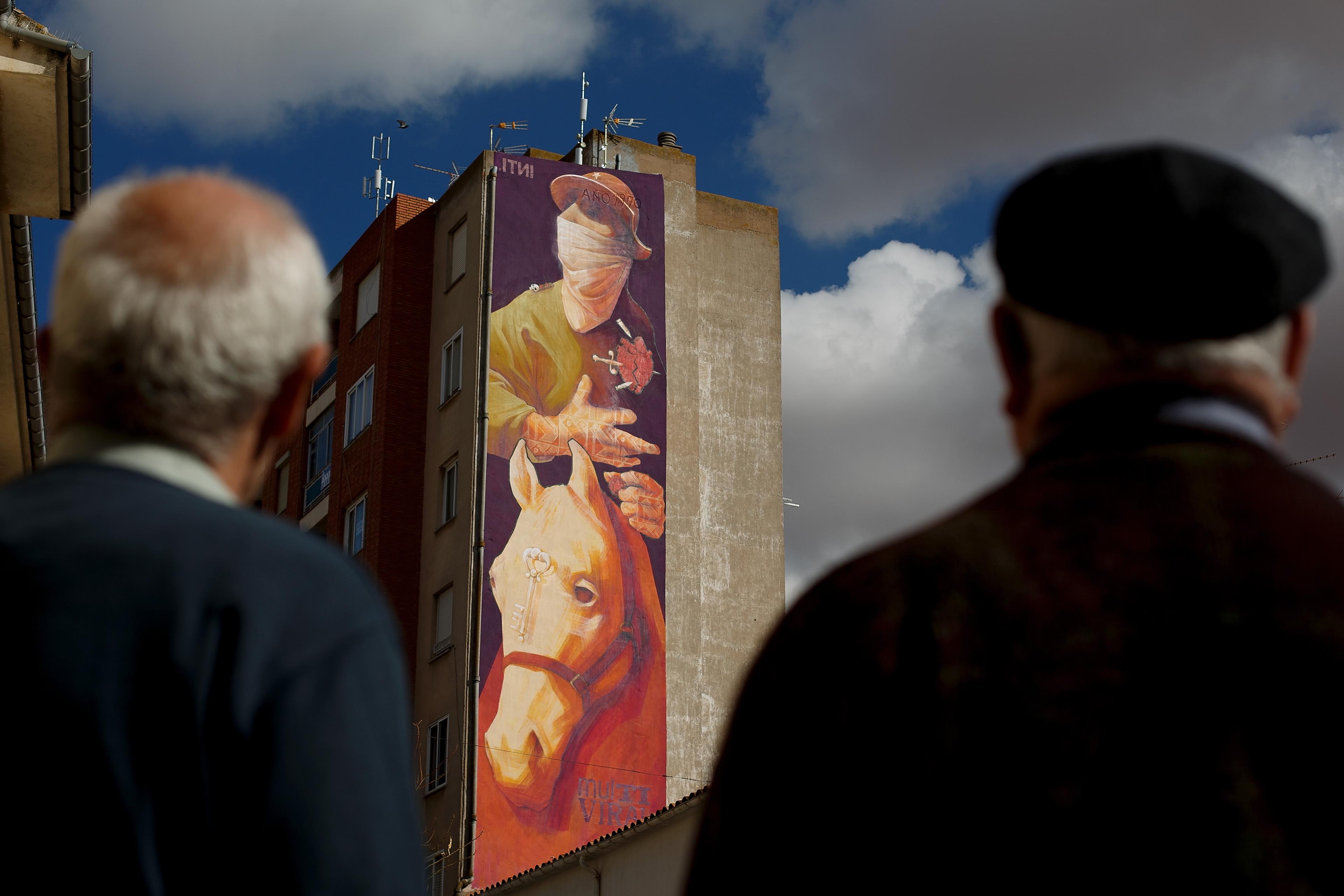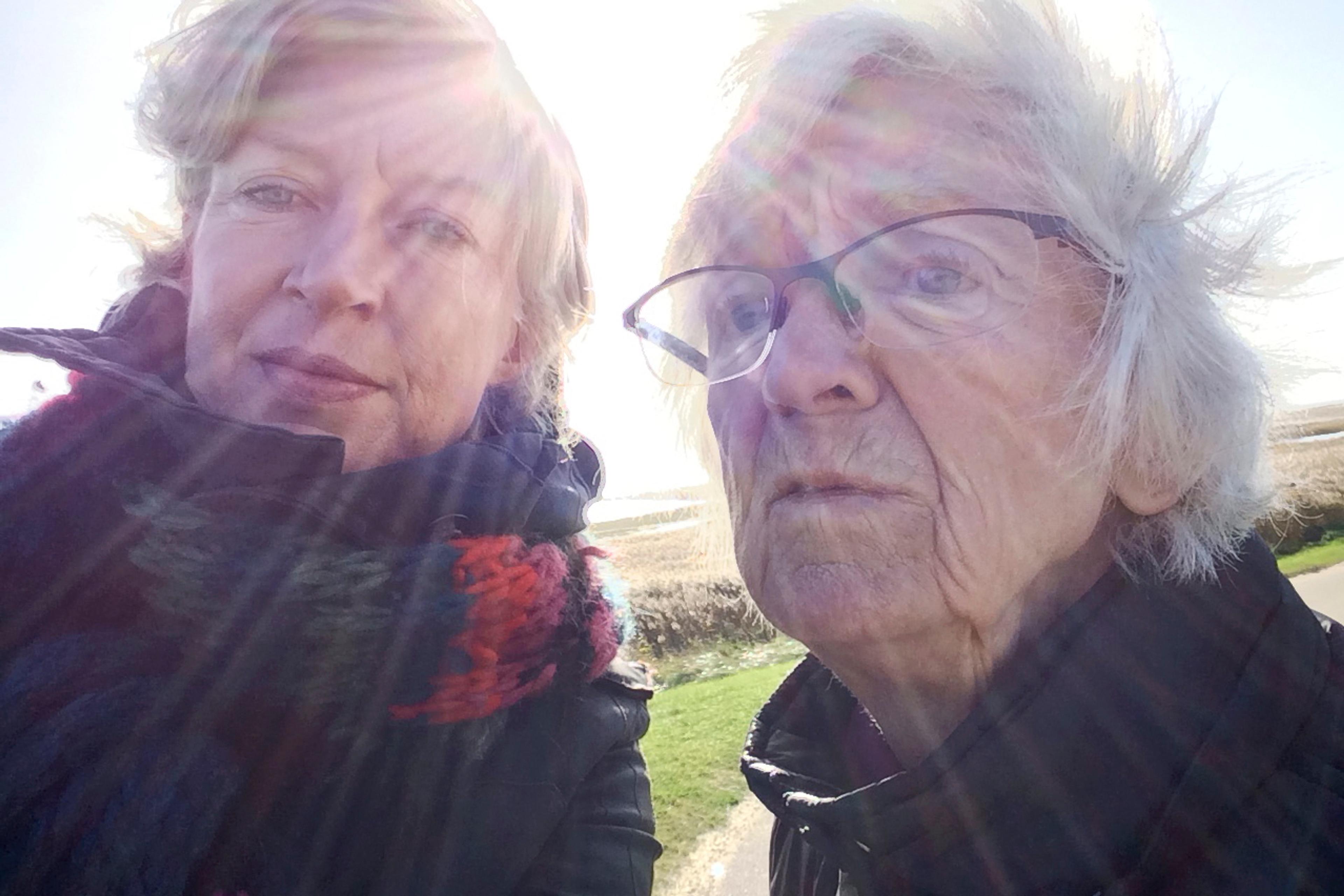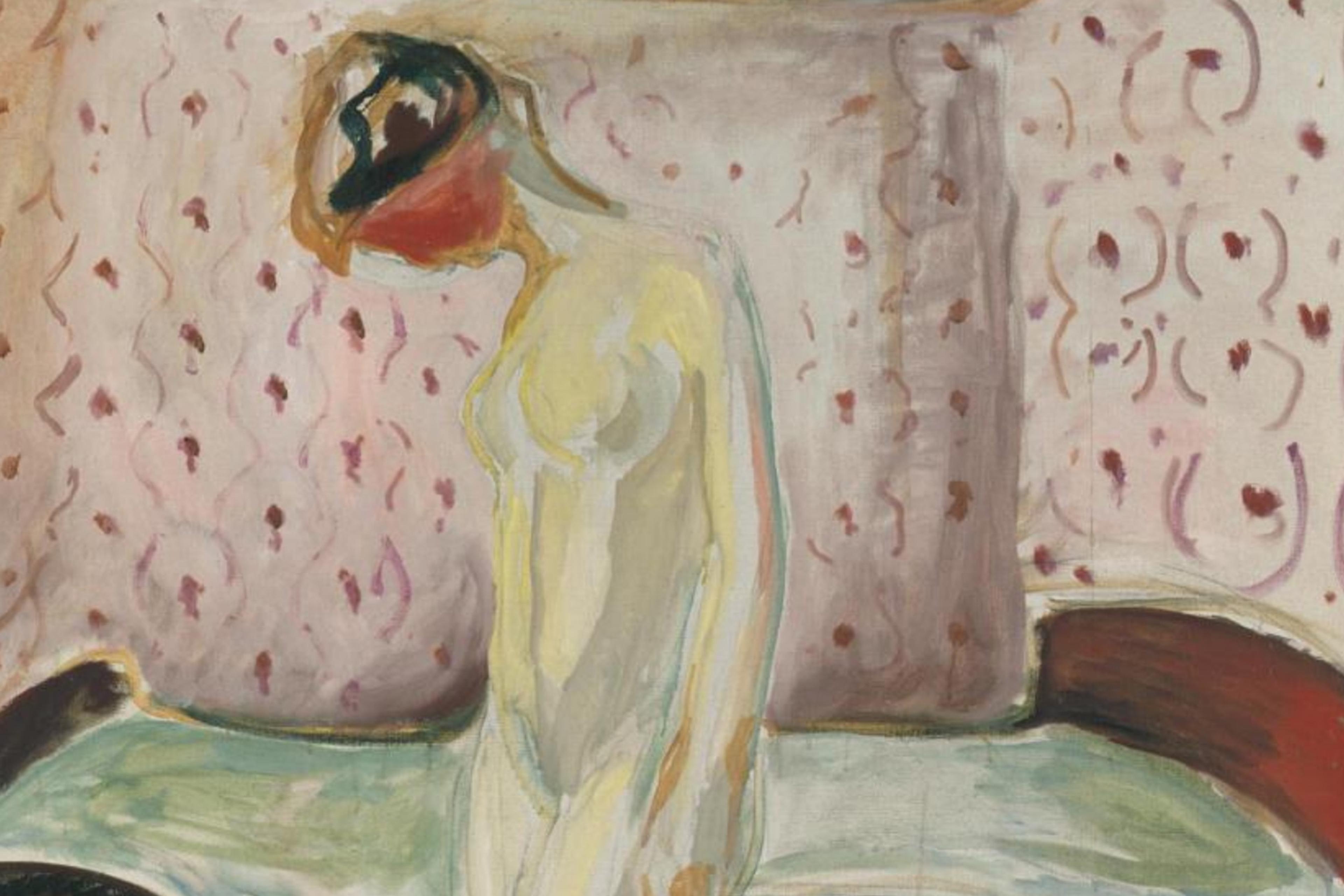
Beliefs have a social purpose. Does this explain delusions?
Beliefs have a social purpose. To understand delusions, let’s focus on why they’re so often about other people
by Anna Greenburgh

Beliefs have a social purpose. To understand delusions, let’s focus on why they’re so often about other people
by Anna Greenburgh

In dementia, my mother lived with the friendly ghosts of her past – and I got to know her as someone other than just my mum
by Ina Kjøgx Pedersen

‘Apophenia’ is reflected in pleasant and troubling experiences alike – from seeing faces in clouds to conspiracy beliefs
by Shayla Love

Far from being a sign of delusion, the so-called ‘illusion of control’ shows that we’re highly attuned to the world
by Daniel Yon

How phenomenological tools can help foster a relationship of true listening between clinicians and people with psychosis
by Rosa Ritunnano & Kasim Qureshi

Hearing voices isn’t always a problem – but if they’re stressful or frightening, it is possible to regain a sense of control
by Mark Hayward